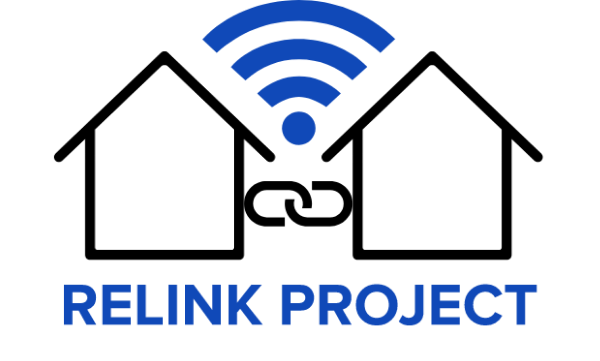As part of international outreach activities, four researchers from the RELINK project, Helene Teigen, Dag Slettemeås, Cristina Paupini, and Henry Mainsah visited our international project the University of Bristol’s Centre for Sociodigital Futures (CenSoF). We were hosted by professors Dale Southerton and Susan Halford, the Centre’s co-directors. The Centre for Sociodigital Futures is an international centre of excellence for sociodigital futures research and collaboration. Through strategic collaborations the centre aims to build capacity to identify, experiment with and utilize the potential of sociodigital future-making practices to support fair and sustainable societies.
In the first of two posts reporting on our visit to CenSof, we focus on the first of two ‘open’ and informal meetings around topics that represent mutual areas of interest between SIFO and CenSoF. The topic for the informal meeting on October 3., 2022 (14.00-15.30) was titled “creative methods for researching digital practices”. The format of the meetings consisted of a brief introduction by Henry Mainsah from SIFO and Dale Southerton from CenSof in which they explained why the suggested topic was of mutual interest, before asking colleagues to briefly say how the topic links to their own research interests. The purpose was to use the time to share research interests and build relationships between colleagues.
The “creative methods for researching digital practices” meeting attracted participants from a wide variety of research groups at the University of Bristol. Researchers came from different milieux at the university such as the Bristol Digital Futures Institute (BDFI), the Department of Computer Science, the School of Management, and the Department of Theatre.
The theme of methods for researching digital practices echoed well with interests and concerns emanating from the work we are doing in the RELINK project, as well as other SIFO projects that focus on digitization, consumption, and everyday life. A lot of our research focuses on understanding the experiences and consequences of the increasing presence of digital, automated, and connected systems, devices, data, AI, IoT, and algorithms in the lives of consumers. We see that these emerging digital practices and changing technological environment present researchers not only with opportunities for asking new research questions, but also new sites for intervention. Our changing digital landscape invites us to create new methods and rethink old ones. Creativity in methods evokes inventiveness in the ways in which researchers conceive of their projects and, more specifically, how they enable participants to express themselves in multi-modal ways, how they interact with research participants and research objects, and how they generate and represent findings. Connected to the issue of creative methods come larger concerns, principally around how the materialities, and affordances of different research techniques and tools that we use in our research on digital practices might enable various ways of knowing, as well as concerns around skill, expertise, and inclusiveness.
Attendees at the meeting mentioned a of a rich mix of qualitative, speculative, collaborative, computational, and quantitative methodological approaches that they had experience and interest in. Their methods ranged from digital ethnography to big data analytics, dance to infrastructural analysis. Some highlights included Susan Halford, who, talked about digital data, digital infrastructures, methods of critical inquiry, and the social life of methods. Rasheed Hussain from the BDFI evoked interest in futuristic methods cybersecurity and his work with cyber deception reality emulators. Rebecca Coleman also from the BDFI highlighted her research using inventive methodologies in the study of temporality (futures and presents), bodies, affect and new materialisms. We heard from Daniel Schien from the Computer Science department, who mentioned the use of computational methods for quantifying the environmental impact of the energy that internet-based services consume. We found Daniel’s work particularly interesting for the research that SIFO plans to carry out about digital platforms and the sharing economy.
The meeting underlined clearly for us why it was important to continue the task of developing methods capable of engaging with people, things, environments, activities, and narratives of digital everyday life as these shifts, change, and acquire new meanings.
